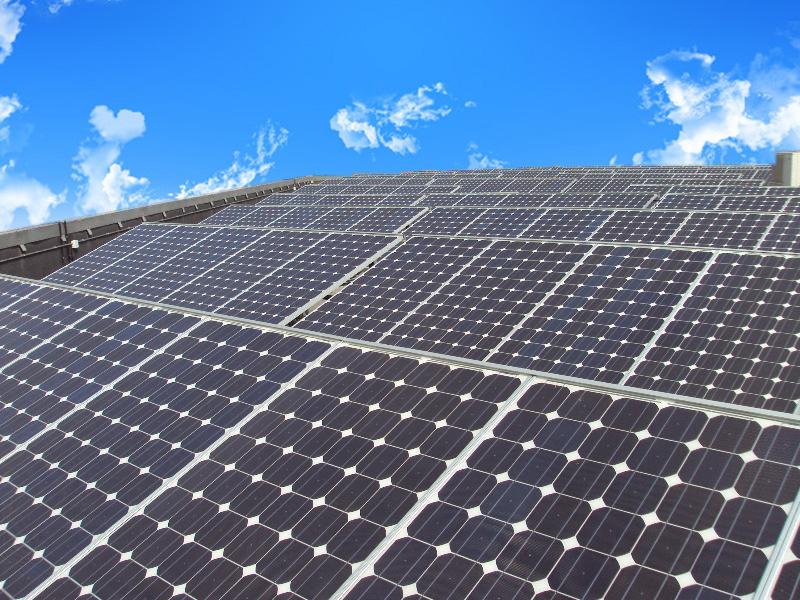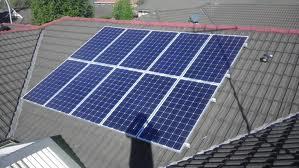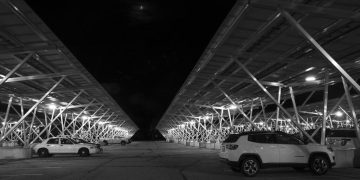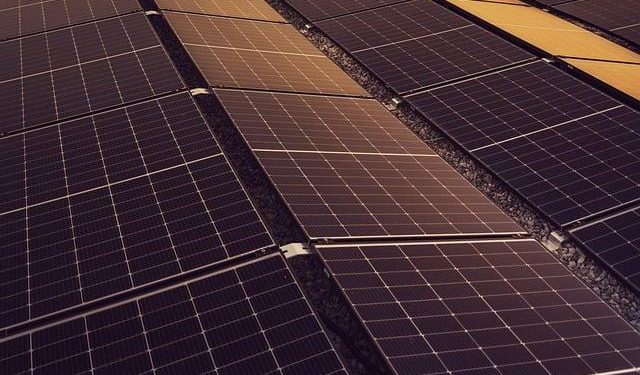In a world increasingly attuned to the rhythms of nature and the urgent whispers of climate change, the sun, an age-old sentinel of life, offers a modern solution to our energy needs. As homeowners across the globe turn their gaze skyward, the allure of solar panels beckons—a promise of harnessing sunlight to power our daily lives. Yet, beyond the gleaming allure of energy independence and lower electricity bills lies a more intricate narrative: the environmental impact of installing solar panels at home. This story, woven with threads of sustainability and ecological consideration, invites us to explore the delicate balance between technological advancement and environmental stewardship. Join us as we unravel the complexities and potentials of this renewable energy source, examining how the decision to embrace solar power shapes not just our homes, but the very world we inhabit.
Harnessing the Sun: Understanding the Ecological Benefits of Residential Solar Panels
Incorporating solar panels into residential properties offers a multitude of ecological advantages that extend beyond just reducing electricity bills. By tapping into the sun’s abundant energy, homeowners can significantly reduce their carbon footprint, as solar power is a clean, renewable source of energy. This shift not only cuts down on greenhouse gas emissions but also helps to minimize reliance on fossil fuels, which are notorious for their environmental degradation.
- Reduction in Air Pollution: Solar panels generate electricity without emitting harmful pollutants, improving air quality.
- Conservation of Water Resources: Unlike traditional power plants, solar energy systems do not require vast amounts of water for cooling.
- Preservation of Ecosystems: By decreasing the demand for fossil fuels, solar energy helps protect ecosystems from destructive extraction processes.
Furthermore, solar panels contribute to the decentralization of energy production. This decentralization reduces the need for expansive infrastructure that often disrupts natural habitats. By fostering a more sustainable way of living, residential solar installations play a crucial role in the global movement towards a greener future.

The Carbon Footprint Equation: Calculating Your Homes Green Transformation
Understanding how solar panels influence your household’s environmental impact starts with a simple equation: Energy Usage – Renewable Energy Production = Net Carbon Footprint. By adopting solar technology, you’re essentially reducing the amount of energy you draw from non-renewable sources, thereby shrinking your carbon footprint. Here’s how you can assess the transformation:
- Energy Consumption: Begin by evaluating your home’s current energy consumption. Look at past utility bills to determine your average usage.
- Solar Potential: Assess the potential of solar energy generation based on your geographical location, roof orientation, and local climate.
- Offset Calculation: Calculate the percentage of your energy needs that can be offset by solar energy. This will give you an idea of how much you’re reducing your reliance on fossil fuels.
By quantifying these elements, you can transform abstract ideas into tangible data, offering a clear view of how solar panels contribute to a greener home. It’s not just about the panels on your roof—it’s about recalibrating your relationship with energy and the environment.

Navigating the Installation Process: Eco-Friendly Choices and Considerations
When embarking on the journey to integrate solar panels into your home, it’s essential to consider eco-friendly choices that align with your sustainability goals. Start by selecting panels made from recyclable materials and ensure they are produced by manufacturers committed to environmentally responsible practices. Opt for companies that prioritize minimal waste and use renewable energy in their production processes.
- Assess your roof’s sustainability: Ensure that your roof is in good condition and capable of supporting solar panels without requiring excessive new materials or modifications.
- Choose a local installer: This not only supports your community but also reduces the carbon footprint associated with transporting materials over long distances.
- Consider the life cycle: Look into the recyclability of the panels and their components at the end of their lifespan, opting for brands that offer take-back or recycling programs.
Implementing these considerations will help ensure that the transition to solar energy is as gentle on the environment as possible, while also setting a foundation for sustainable energy consumption in your home.
Maximizing Efficiency: Expert Tips for Sustainable Solar Panel Use
Harnessing solar energy efficiently not only boosts the energy output but also extends the lifespan of your solar panels, ensuring a more sustainable and environmentally friendly solution. To achieve optimal performance, consider these expert strategies:
- Regular Maintenance: Keeping solar panels clean and free from debris can significantly enhance their efficiency. Dust, leaves, and snow can obstruct sunlight, reducing energy output. Schedule routine inspections and cleaning sessions to ensure maximum sunlight absorption.
- Optimal Placement: Positioning panels at the right angle and direction is crucial. Generally, panels should face true south in the northern hemisphere and true north in the southern hemisphere. Adjusting the tilt according to seasonal sun positions can also improve efficiency.
- Energy Storage Solutions: Integrating battery storage systems allows for the conservation of excess energy generated during peak sunlight hours, providing a reliable power supply during nighttime or cloudy days.
- Smart Energy Management: Implementing smart home systems to monitor and manage energy consumption can help maximize solar power usage. This involves using energy-intensive appliances during peak sunlight hours when the panels are most productive.
Wrapping Up
As we draw the curtains on our exploration of the environmental impact of installing solar panels at home, it becomes clear that these gleaming rectangles of technology are more than just rooftop adornments. They represent a tangible step toward a sustainable future, a commitment to harnessing the sun’s abundant energy to power our lives while gently treading on the Earth.
Solar panels are not without their complexities and considerations, but their potential to reduce carbon footprints and inspire broader environmental consciousness is undeniable. As homeowners contemplate this sunny leap, they stand at the intersection of innovation and responsibility, poised to make a decision that echoes beyond their own front doors.
In this journey toward a greener tomorrow, solar panels illuminate the path, reminding us that even small changes at the individual level can contribute to a collective impact. So, as the sun sets on our discussion, may it rise on a new era of environmental stewardship, one rooftop at a time.


































